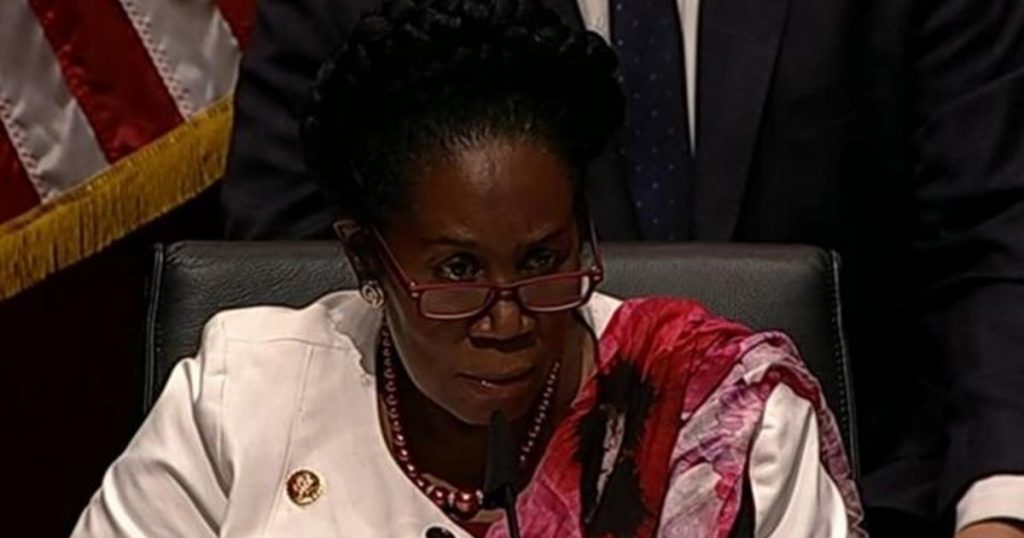July 29, 2020
By Wayne Cole
SYDNEY (Reuters) – Australian consumer prices fell by a record last quarter as the coronavirus crisis caused one-off slides in the cost of child care and petrol, dealing a damaging setback to years of progress toward higher inflation.
The consumer price index (CPI) dived 1.9% in the second quarter, from the first, causing annual prices to drop 0.3% in the first negative reading since 1998. Forecasts were for a fall of 2.0% and 0.4%, respectively.
That was a blow to the Reserve Bank of Australia (RBA), which had only just managed to get inflation back up into its 2-3% target band after years of sub-par readings.
Neither is the outlook favourable given the economy is almost certainly in its first recession since the early 1990s.
“Challenging conditions in the labour market will weigh on wages growth, which together with the generally weak economic environment will dampen increases in consumer prices – retailers may have to return to discounting,” said Sarah Hunter, chief economist for BIS Oxford Economics.
The negative outcome does not mean Australia is in outright deflation, which is a sustained fall in the general level of prices across the economy.
Rather this is an exception caused in part by the government making childcare free from early April to late June, which alone took 1.1 percentage points from CPI. With that relief now ended, childcare costs will rebound sharply this quarter.
Likewise, petrol dived in line with a slide in oil prices to less than zero, and again those have since rebounded.
Pre-school was also made free in three states, pulling down education costs. Excluding these three factors, the Australian Bureau of Statistics said, CPI would have risen 0.1% in Q2.
Yet core measures of inflation that strip out the largest price moves were also subdued, with the trimmed mean dipping 0.1% for the first fall in its history. Annual core inflation slowed sharply to 1.2%, from 1.8% in the March quarter.
The RBA is concerned that a run of low readings will drag down expectations of future inflation, lowering wage growth and making it harder to get prices back up.
It has already cut rates to a record low of 0.25% and took the exceptional step of pledging to keep rates down for years to come in the hope of avoiding a drift toward damaging deflation.
(Reporting by Wayne Cole; Editing by Sam Holmes)

